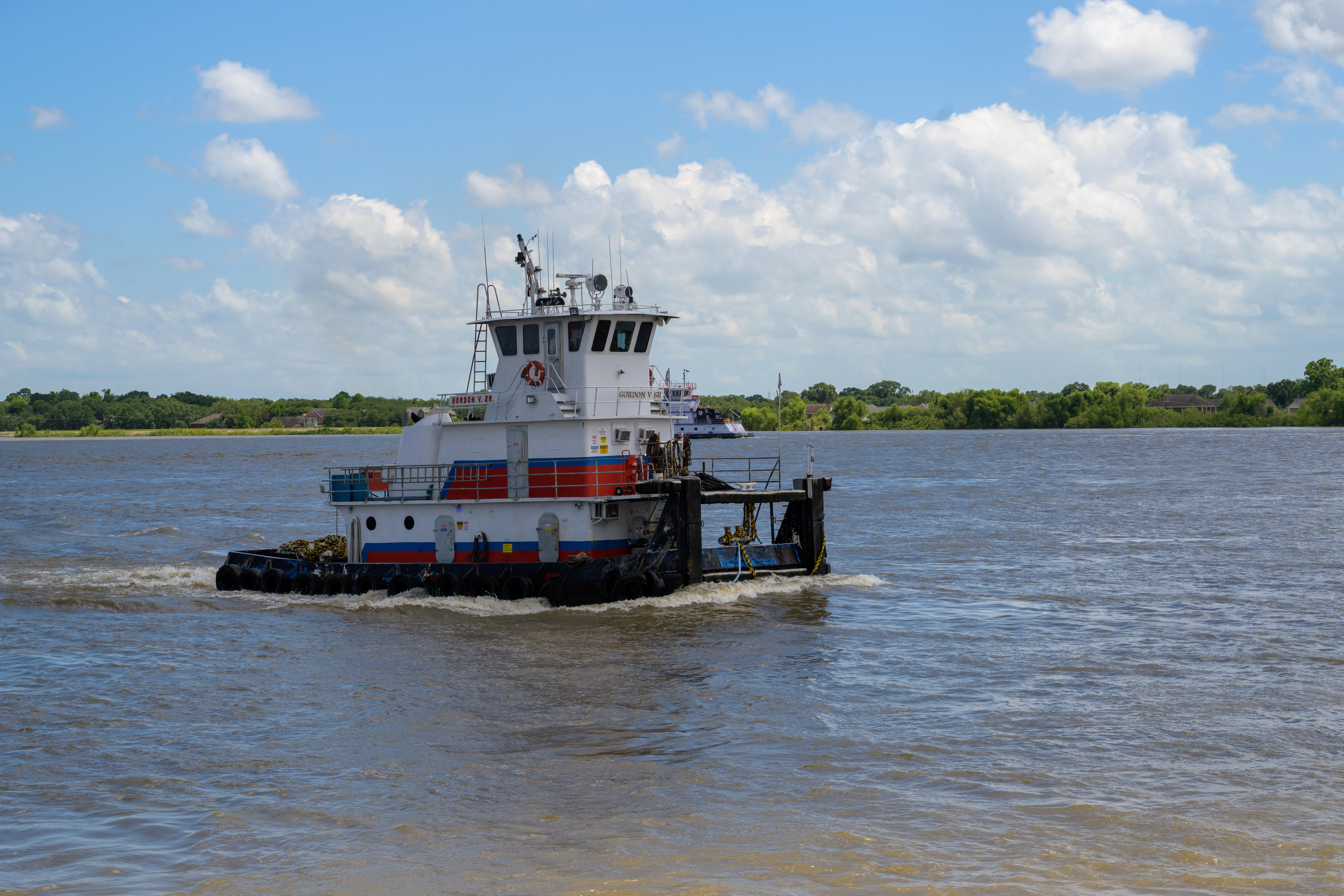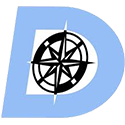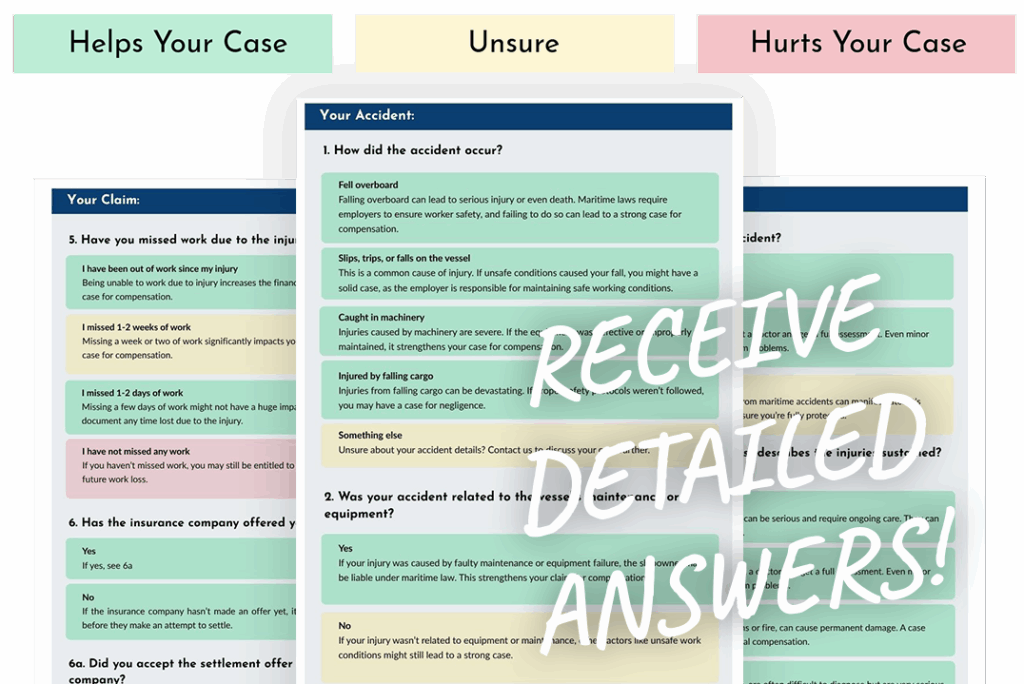Inland Waterway & River Accidents
Over $1 Billion Recovered for Maritime Accident Victims. We are proud to have a reputation for aggressively fighting for the rights of injured workers.
New Orleans River & Inland Waterway Accident Lawyers – Lambert Zainey
Louisiana runs on its rivers, canals, and waterways like the Mississippi and the Intracoastal (ICW). Tugboats, push boats, barges, and dredges are constantly moving, doing vital work. But this work environment has its own dangers, different from working offshore. Getting hurt is a real risk for the crews. Dealing with bridges, locks, tight channels, and heavy boat traffic takes skill, and if someone is careless, bad accidents can happen.
At Lambert Zainey, our New Orleans maritime lawyers know these inland routes well. We’ve helped many towboat crews, tankermen, deckhands, and others hurt working on the Mississippi, the ICW, and other Louisiana waterways. These cases usually fall under the Jones Act and General Maritime Law, and we fight hard to make sure injured river workers get the full money they’re owed.
Injured on a River, Canal, or the Intracoastal Waterway? We Can Help.
On This Page
Louisiana’s Busy Inland Waterways: A Different Kind of Danger
Working on Louisiana’s inland waters isn’t like being out in the open Gulf. You face different challenges:
These things make the job risky for workers on tugs, barges, and other inland boats.
Laws Covering River & Canal Injuries (Usually Jones Act & Maritime Law)
Accidents on rivers and canals used for business generally fall under federal maritime law, not state law:
>> Understand Unseaworthiness.
Good to Know: Laws mainly for offshore accidents, like OCSLA (for fixed platforms) or DOHSA (for deaths far offshore), usually do not apply to typical river and canal accidents.
Boats We See Involved (Tugs, Barges, Dredges)
We help workers injured on all kinds of inland commercial boats:
Over $1 Billion Recovered for Maritime Accident Victims
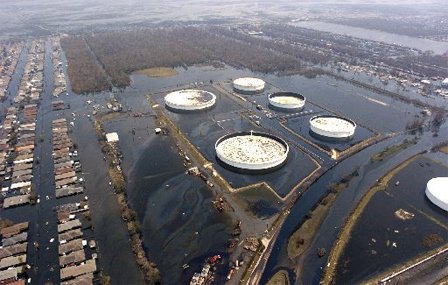
Oil storage tank rupture at the Murphy Oil USA refinery in Chalmette, LA. The fastest class certification and resolution of a case of its type and magnitude to date.
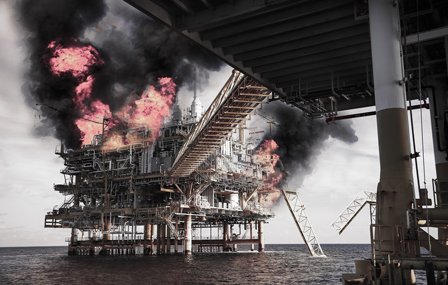
Arco cryogenic platform explosion caused by improper cold cut of Southern Natural Gas pipeline. Settlement for the injured and deceased in approximately twelve months.
How Accidents Happen on Rivers & Canals (Causes & Types)
Accidents on these busy waterways often happen because of:
Lock & Dam Problems:
Equipment Breaking Down:
Working on Barges:
Being Tired or Poorly Trained:
Why Choose Lambert Zainey for Your River/Inland Accident Case?
Handling inland waterway claims takes specific experience:
Common Questions About Inland Waterway Injuries
Knowing your rights is the first step toward securing fair compensation after a maritime injury. This section answers key questions to empower you with the information you need to protect your claim.
What Our Clients’ Say About Us
NATIONALLY RECOGNIZED ATTORNEYS
CONTACT US
Our experienced attorneys are here to guide you through every step of the process, from initial consultation to settlement or trial.
Free Case Review
Fill out the form below to contact Lambert Zainey and schedule a free, confidential consultation and discuss your case with an experienced attorney.


